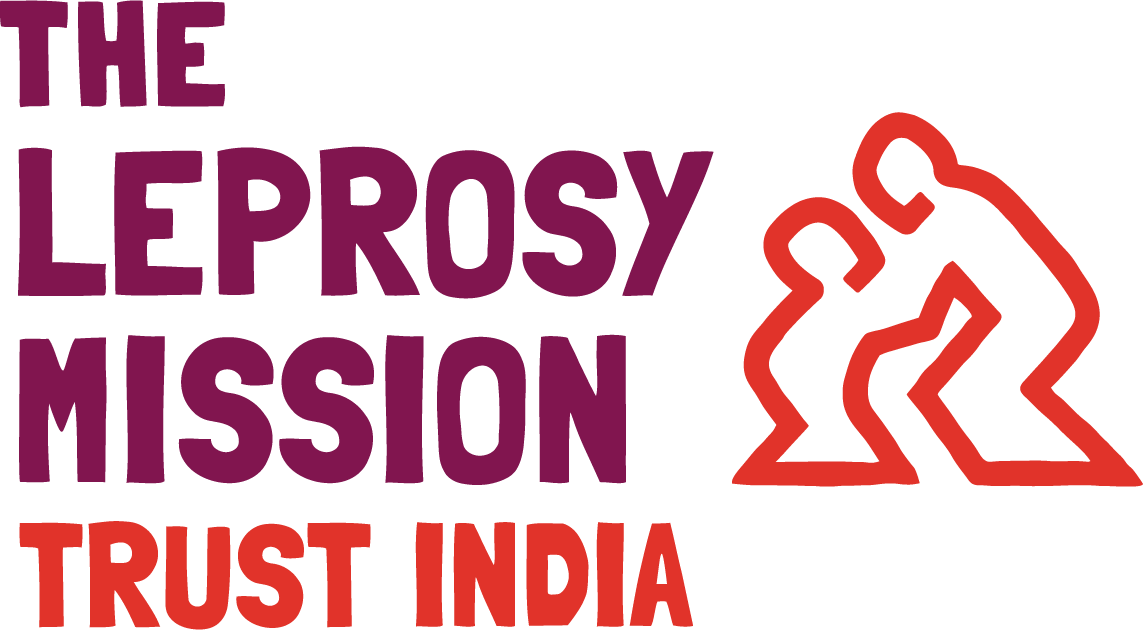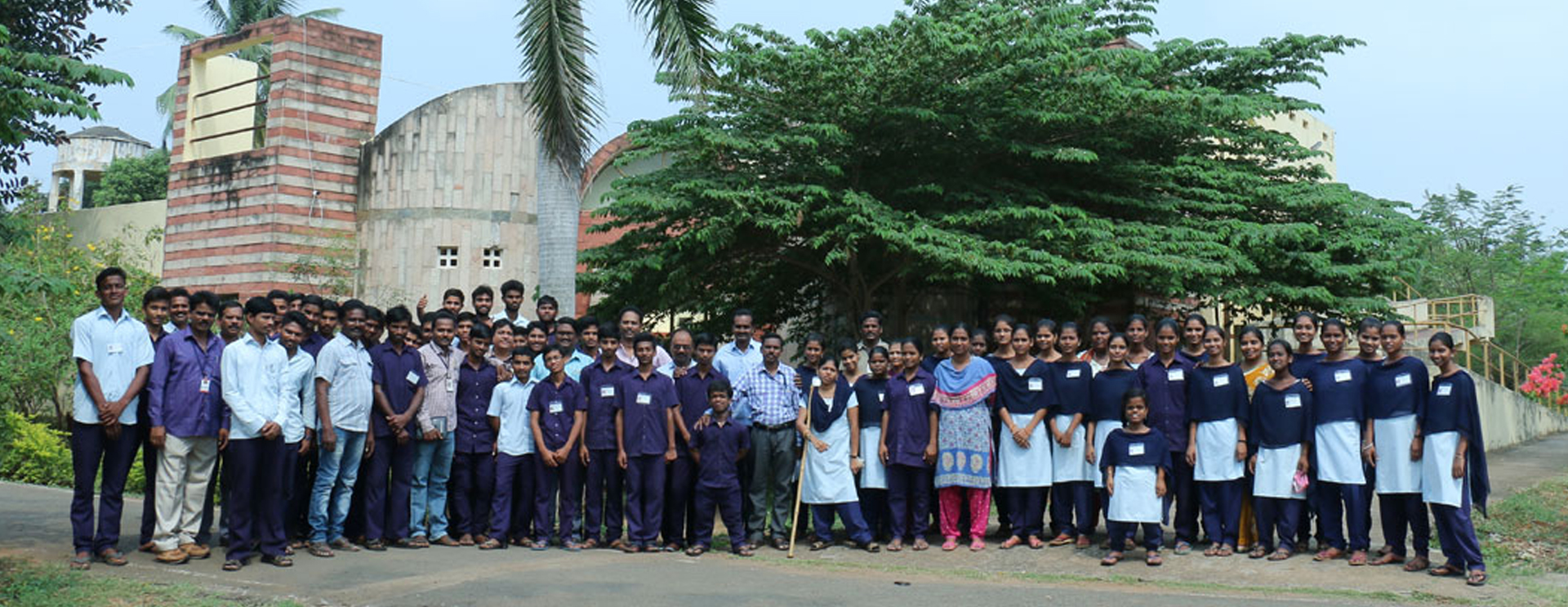The Livelihood Focus
Beating the marginalisation due to leprosy
Many a time, the social stigma attached to leprosy creates barriers for young boys and girls affected by the disease in realising their potential. Lack of opportunities for education and employment exacerbate social exclusion and push them deeper into poverty. The Leprosy Mission Trust India (TLMTI) provides job-specific technical training to these young boys and girls to enable them to realise their dream to live with dignity, overcoming challenges of disability and stigma.
Young boys and girls affected by leprosy start their lives with several disadvantages. They need skills to access livelihood opportunities, but the stigma attached to leprosy and lack of opportunities for education make them unqualified to tap livelihood opportunities for their overall benefit.
TLMTI, through its Sustainable Livelihood programme, develops their skills and trains them in vocational/technical skills for increasing their employability, with a focus on giving them dignified lives.
The programme is implemented through six vocational training centres (VTCs) spread across six states :

Andhra Pradesh TLM Vizianangram VTC
Chhatisgarh TLM Champa VTC
Maharashtra TLM Nashik VTC
Tamil Nadu TLM Vadathorasalur VTC
Uttar Pradesh TLM Faizabad VTC
West Bengal TLM Bankura VTC
The VTCs teach a wide variety of technical skills, such as banking and insurance, bedside nursing assistant, computer programming, cutting and sewing, diesel mechanics, dressmaking, electrician, motor vehicle mechanics, nursery teachers training, printing, stenography, and welding. These government-recognised courses focus on providing students with hands-on instruction, which leads to certification, a diploma or certificate. They also focus on providing core life skills, such as critical thinking, problem-solving, decision-making, communication, and leadership.
The VTCs have strong alumni associations, and they help graduates to be in touch with the wider group of graduates and the VTCs. They also help the graduates find jobs and develop their career.
They provide skills training to rural communities under its Community-Based Vocational Training (CBVT) programme. The programme caters to the needs of married women, young girls, and boys unable to benefit from the institutional training due to family commitments. They are trained in computers, mobile phone repairing, mushroom cultivation, silk thread weaving, etc.
The VTCs have dynamic linkage with the industry, and this ensures that most of the graduates are hired through campus placement. Also, the VTCs support the graduates and persons trained through its CBVT programme in setting up their own small enterprises for self-employment.
The VTCs have a total of 1494 seats – 680 seats for institutional and 814 for community-based training. Out of 1,240 students who appeared for examination in 2015, 1,213 passed, bringing the pass rate to 98%, and the overall job placement rate was 83%.


